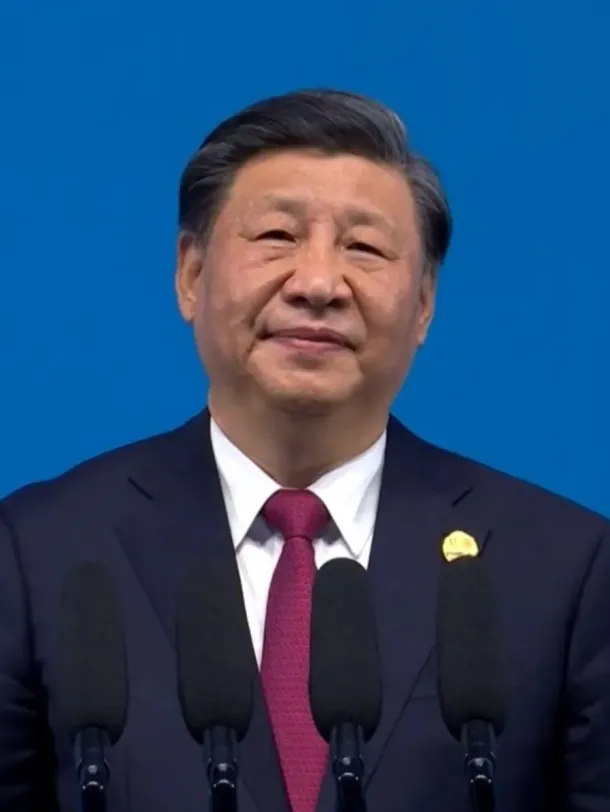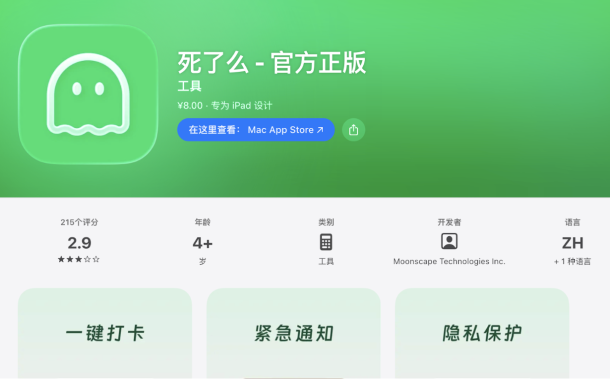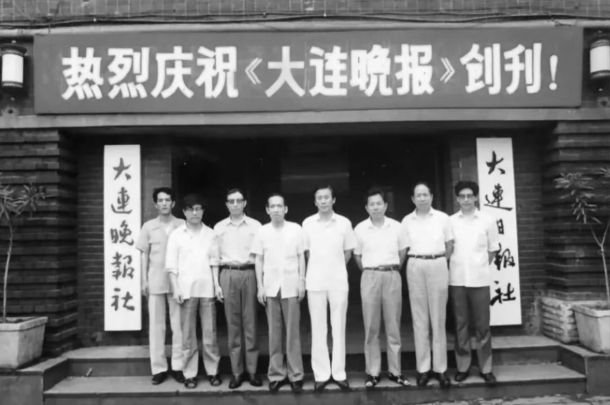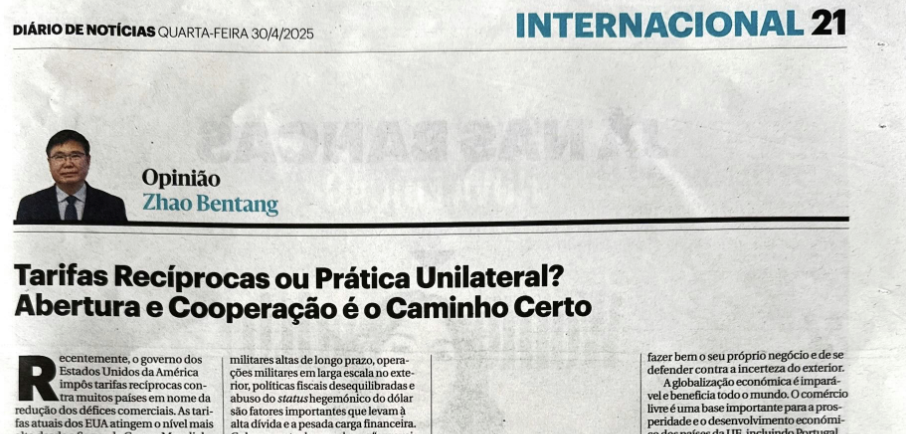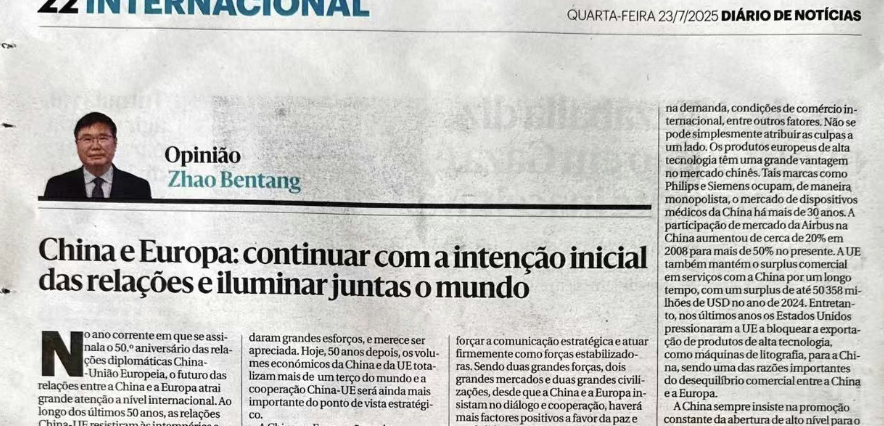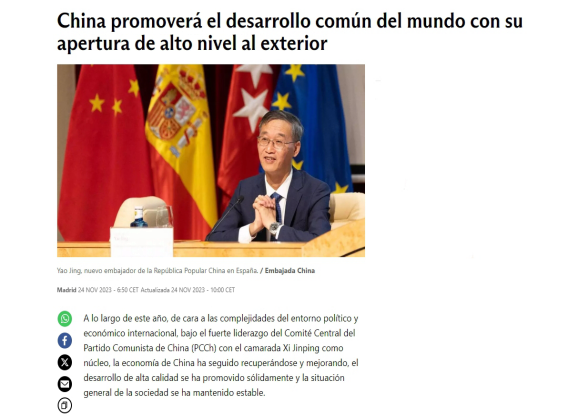Otherworldly Fraud
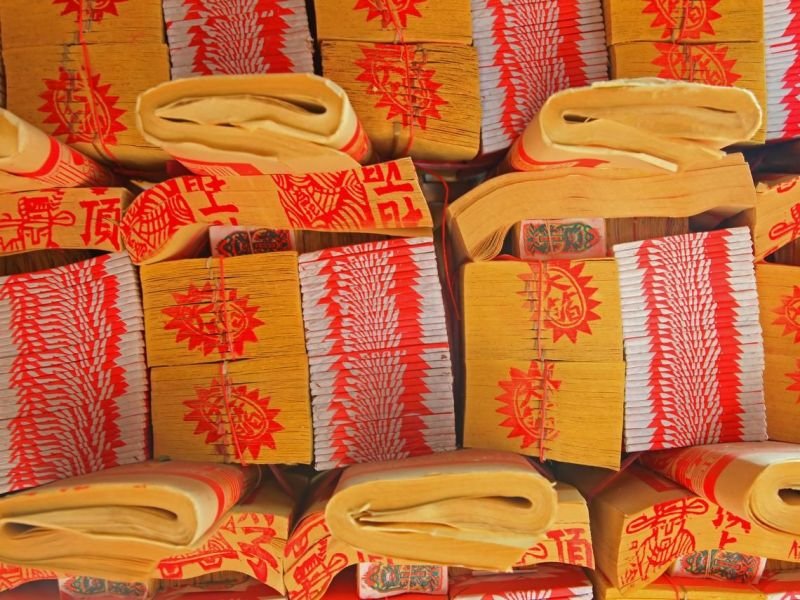
Last week, on the heels of Tomb Sweeping Day, or “Qingming” (清明), across the Chinese-speaking world, the technology media 36Kr reported on a racket that is out of this world. According to the outlet, authorities across the country must regularly crack down on unlicensed “fake ghost money” (假冥币) — the paper bills families burn for the departed.
Though China’s Regulations on Funeral and Interment Control focus primarily on cremation policies and facility management, some provincial and city-level regulations have added their own restrictions, including against “feudal superstition.” Liaoning Province, for example, explicitly prohibits the manufacture and sale of paper money and paper replicas — such as gold bars and sports cars — for funeral purposes. Enforcement varies widely by region, but police generally pursue three violations: operations without proper business licenses, products mimicking real Chinese currency, and use of toxic materials. Last year, police in Liaoning shut down an unlicensed workshop producing ghost money from recycled newspapers.
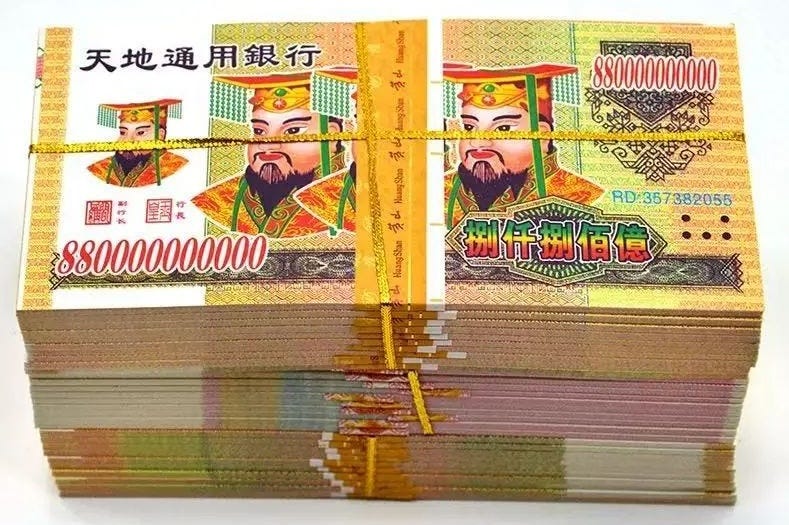
Ethereal levels of inflation are another problem outside the jurisdiction of authorities. These days, ghost bills feature astronomical denominations like 98 trillion yuan — more than two-thirds of China’s total GDP for 2024. In 2018, a lone developer created “Ethereum Ghost Money” (以太冥币) in an effort to “control inflation in the underworld.” This digital solution, however, has not yet supplanted traditional practices. For now, the deceased must make do with hyper-inflated spirit currency, proving that questionable monetary policy extends beyond our earthly realm.

